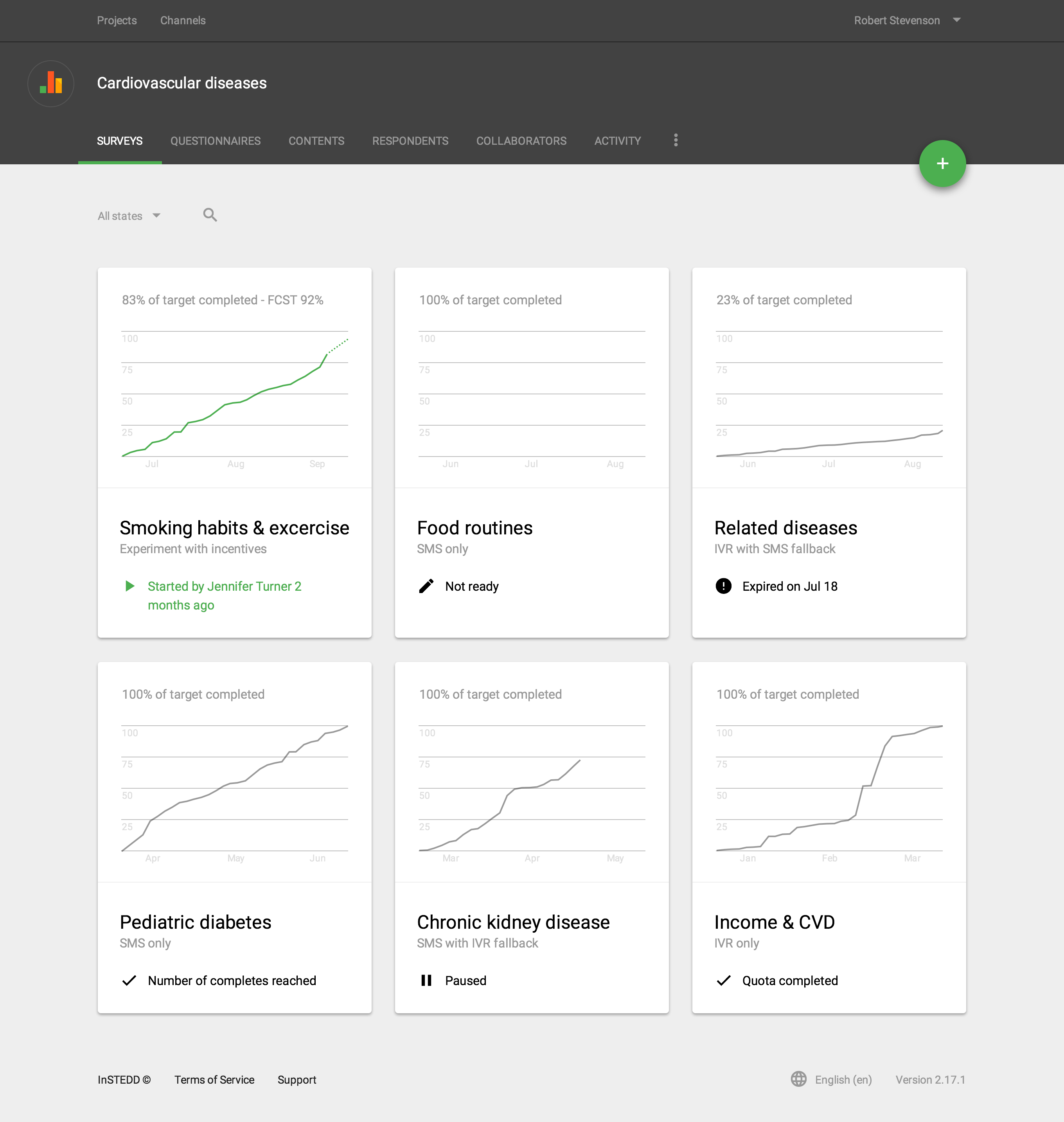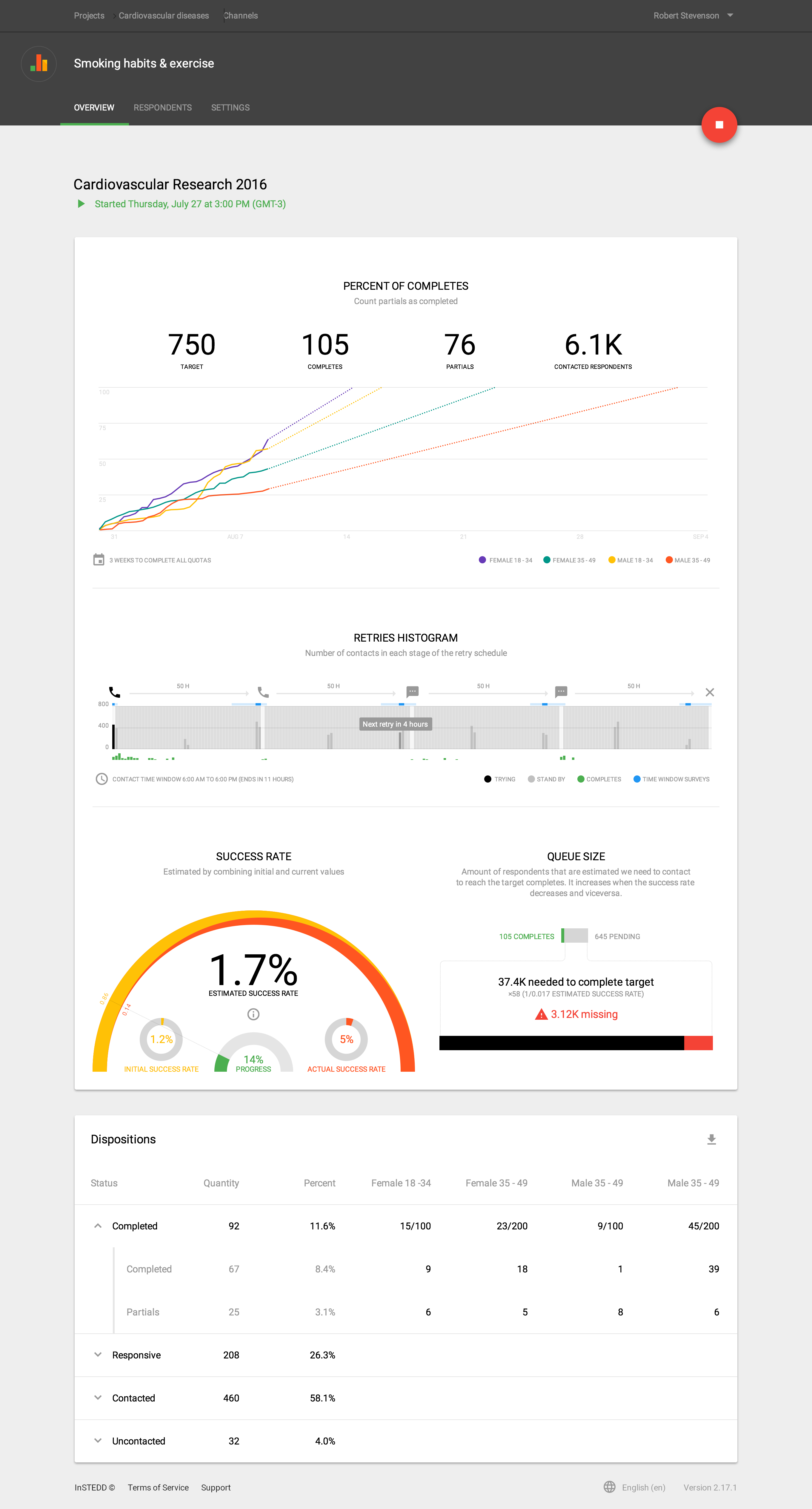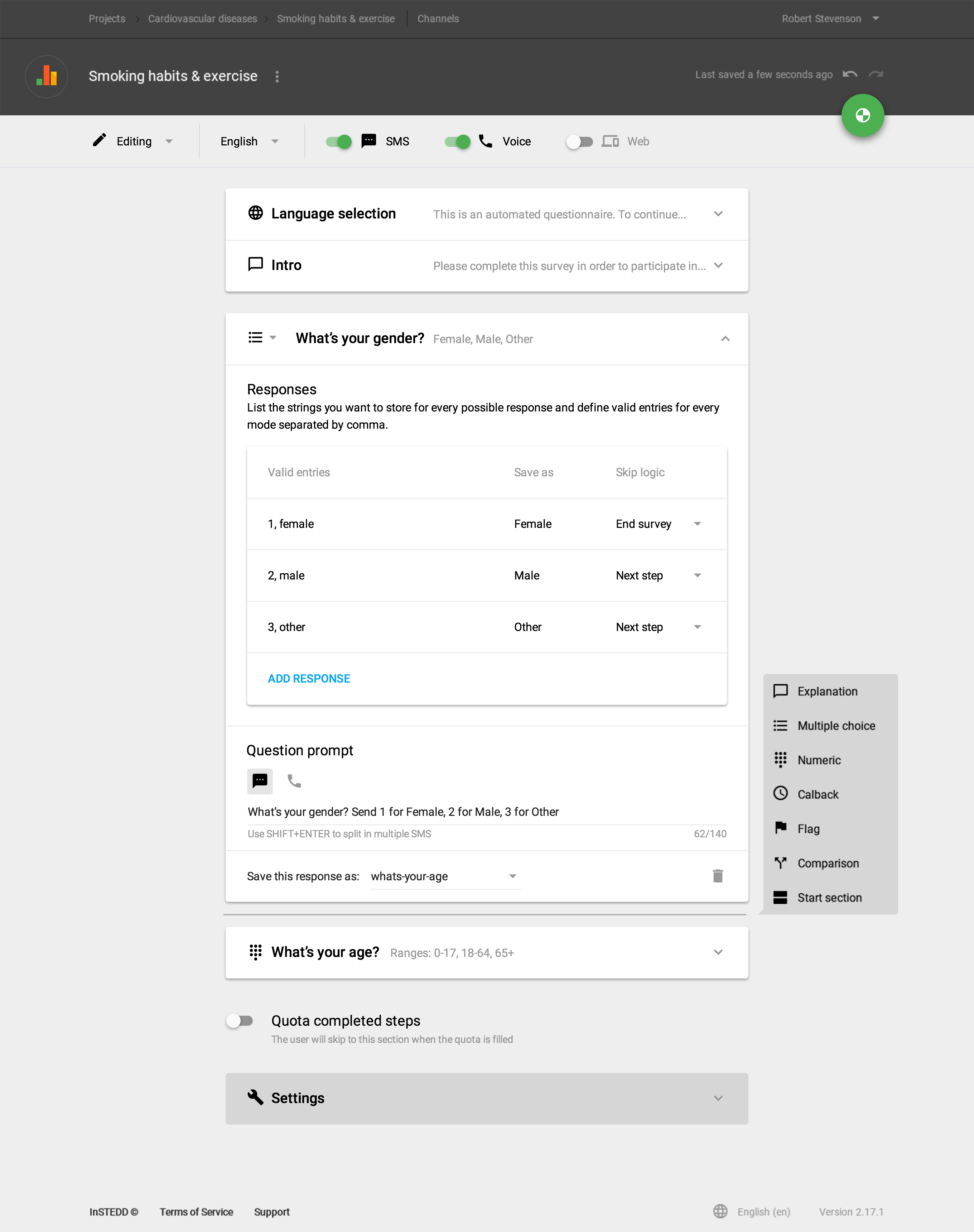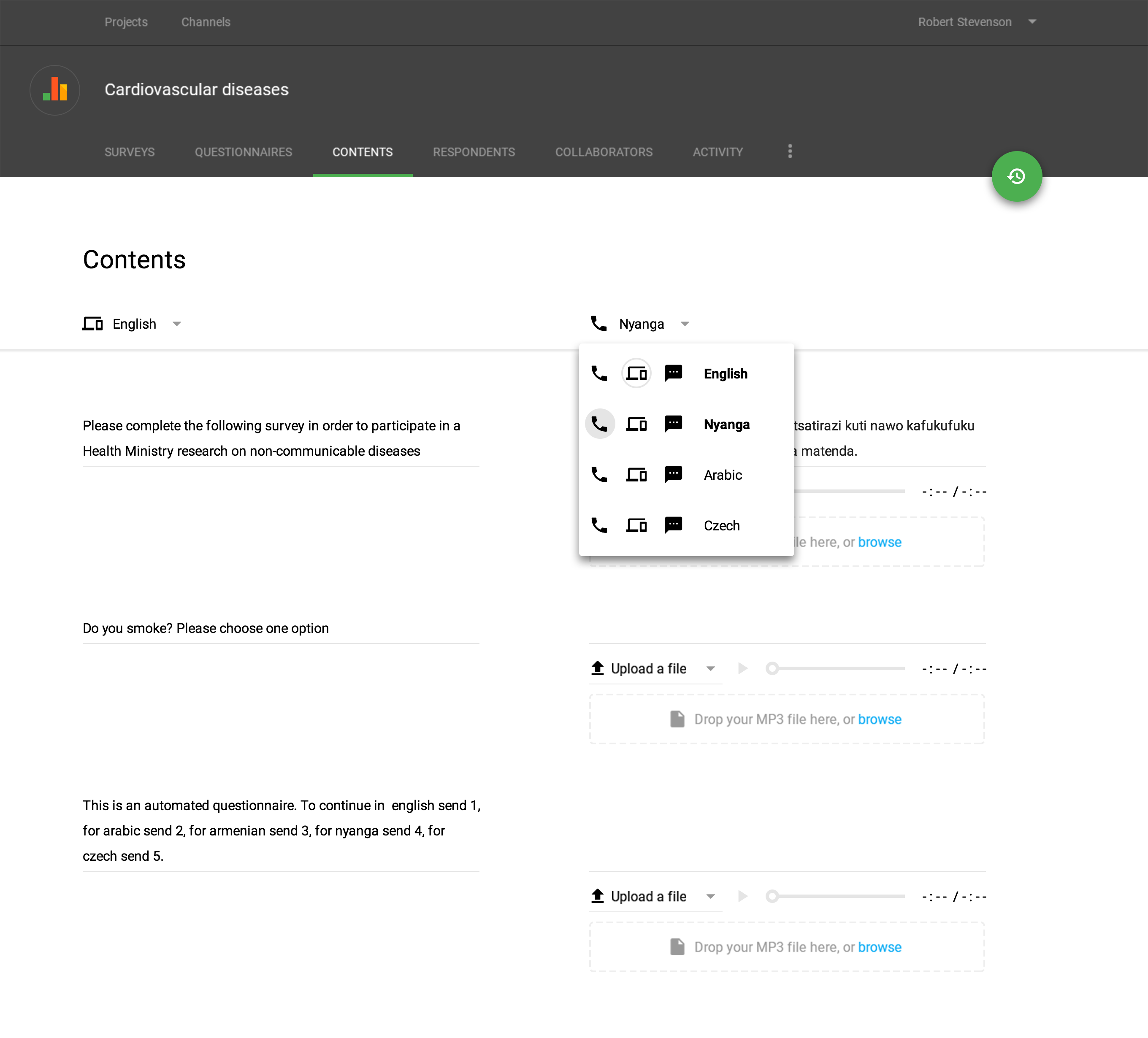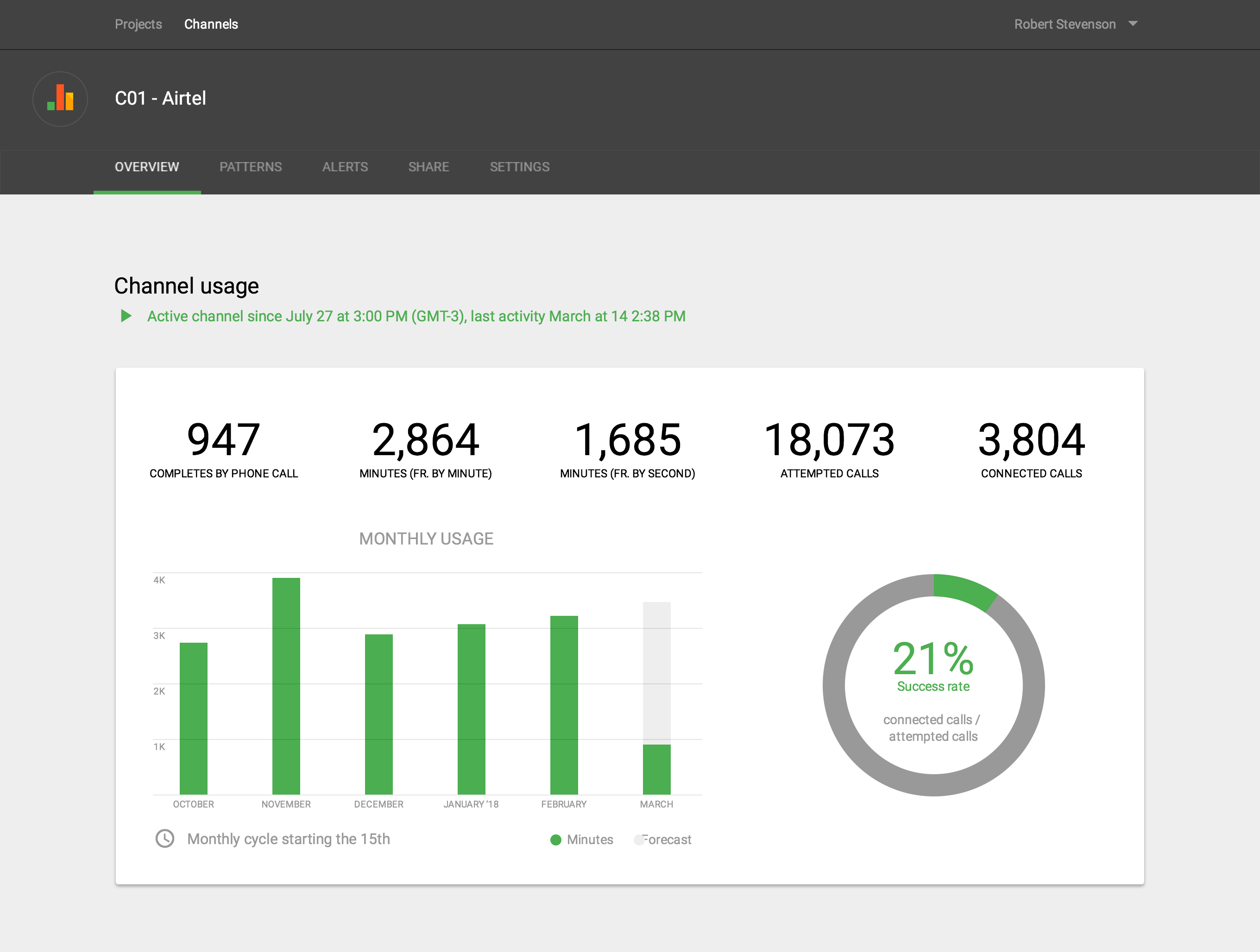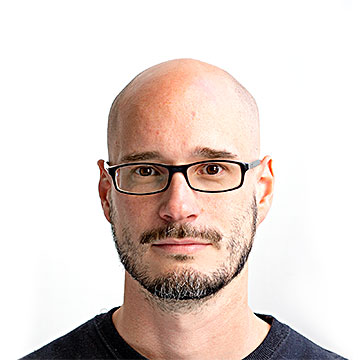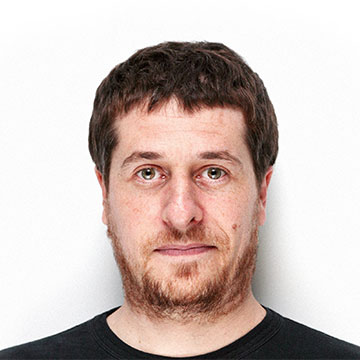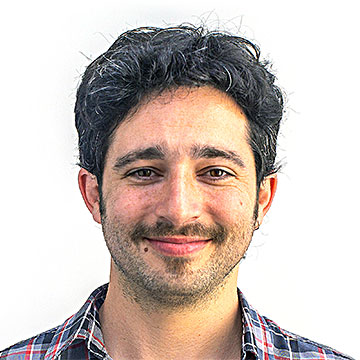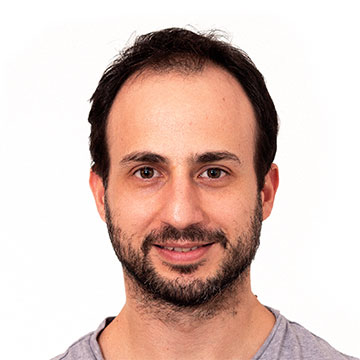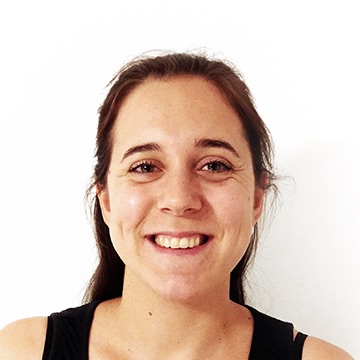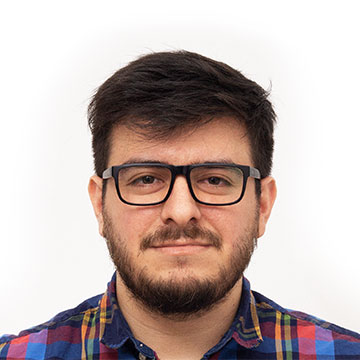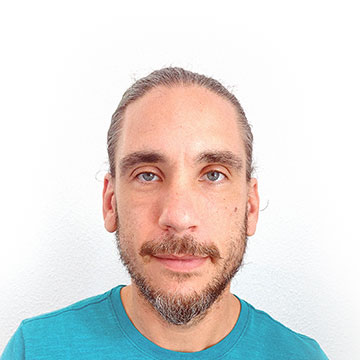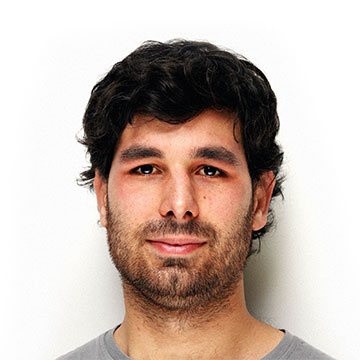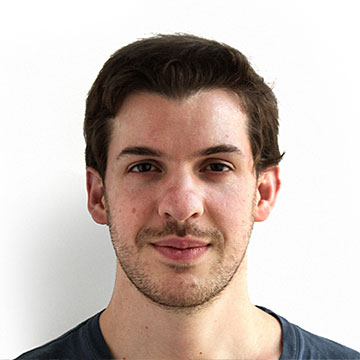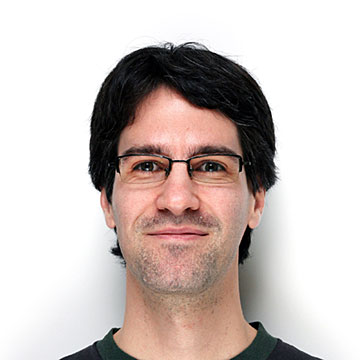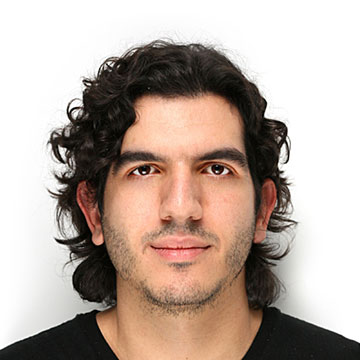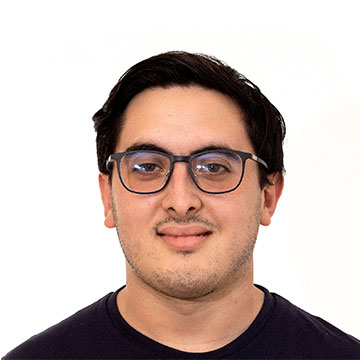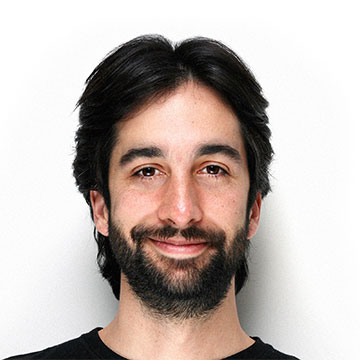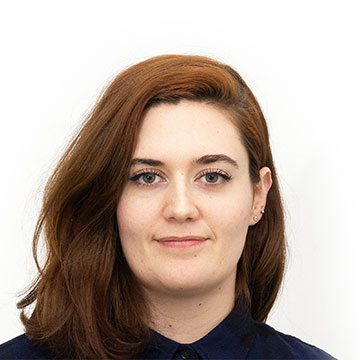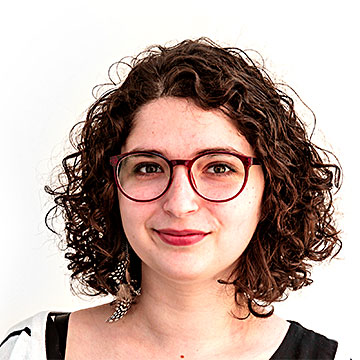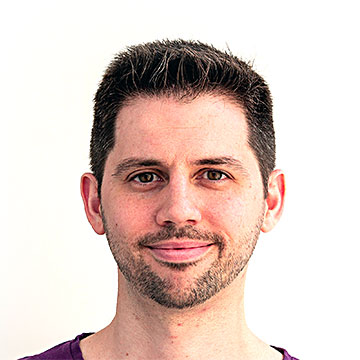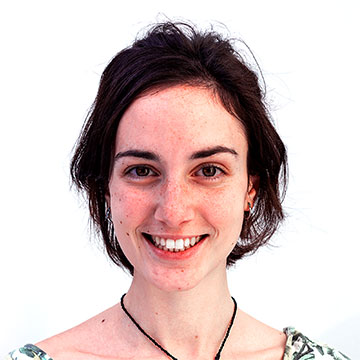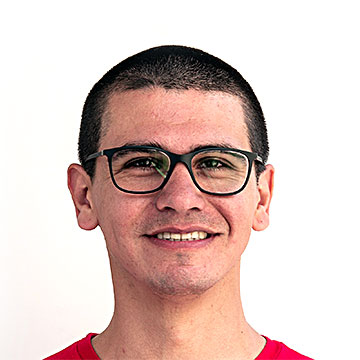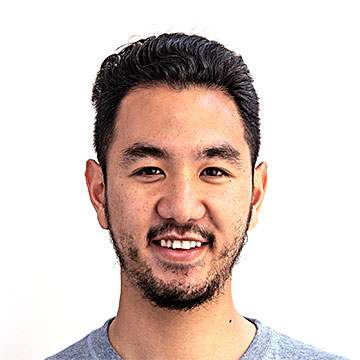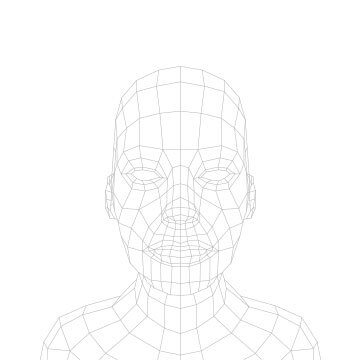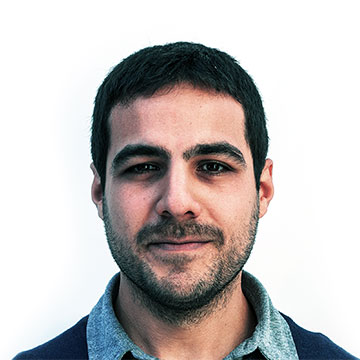1 /6
Client
Surveda was developed in collaboration with InSTEDD as part of the Bloomberg Philanthropies Data for Health Initiative NCD Mobile Phone Survey. In the context of this project, the tool collects critical information about noncommunicable diseases (NCDs) in low- and middle-income countries worldwide (LMICs).
It reaches people via mobile phone, using text messages, voice calls, mobile web (responsive webforms), and more. It is an open source tool on an open software platform, which means that Surveda is accessible to every individual and organization interested in creating their own surveys.
2 /6
Requirements & Context
The goal of this project was to reduce the burden of Non-Communicable Diseases, via the systematic monitoring and surveillance of NCDs and associated risk factors.
To that end, we focused on creating a tool for survey design and management that makes it easy to create integrated, self administrable and multi-mode surveys that can later be deployed via SMS, IVR and mobile webforms. The tool was also required to handle cohort sampling, monitoring progress of each study, and present a simple visualization for survey results.
A particular feature of this project was that we got to build the tool in constant collaboration with epidemiologists (CDC) and survey specialists (RTI): Surveda is not yet another survey tool, but one created using a participatory process with the experts that would then go on to use it.
Studies on NCDs were to be conducted in a variety of countries, which required the platform to interact via IVR and SMS with telecommunication service providers in each of those countries.
3 /6
Approach
We began the project with an initial team of six people, with the purpose of designing, building and testing the platform over a period of 16 weeks, during Phase One of the project.
Phase Two would consist of a series of pilot surveys to be deployed in different countries across 5 continents. Some overlap of Phases One & Two activities was helpful, particularly for dealing with telecom connections.
A significant amount of the SMS, IVR and Telecom connection software tools had already been developed as part of our previous work for InSTEDD’s open source platform:
- Verboice: a free and open-source tool that makes it easy for anyone to create and run applications that interact via voice, allowing users to listen and record messages in their own language and dialect, or answer questions with a phone keypad.
- Nuntium: a set of services and clients that allow anyone to build SMS-based applications with uses that range from simple modem-based needs to countrywide deployments integrated with wireless operators.
The proposed solution would leverage these technologies to reduce overall cost and risk. The platform that articulates these existing tools was built using Phoenix (Elixir) for the backend, with React.JS and Redux on the client side.
4 /6
User Research & Implementation
The second phase of the project included a series of pilots to be performed in various countries. The first leg of this phase started with Morocco and Zambia. After that, deployment pilots were carried out in Malawi, Philippines, Sri Lanka and Ecuador, and are projected to continue in Mumbai and Cambodia.
The project required traveling to each country for three general purposes: telecommunications configurations, user research and administrative arrangements and demos with local Health Ministries.
6 /6
Results
The first official use of the Surveda platform in real settings was conducted on May 24th, 2017. Since then, the NCD Mobile Phone Survey has been successfully conducted in five countries, Zambia (2017), Philippines (2018), Morocco (2019), Malawi (2019), and Sri Lanka (2019), with a total of 23,682 interviews completed.
Three years later, Surveda has been used in a wide variety of settings, where over 2.6 million minutes of voice calls and more than 2.7 million SMS have been expended on almost 30.000 surveys across the world, helping governments and the medical community create a better understanding on non-communicable diseases (NDCs) and their impact on the population.
The CDC surveyed the participating employees to assess user experience, and the results indicated that as users became more familiar with the system, and found it easier to use, the majority were highly satisfied (94%) and would recommend the system for future monitoring efforts (89%).
Surveda is an easily adaptable technology and can be modified for future emergency responses, contact investigations, or routine monitoring for public health protections.
Surveys
Users can create and manage multiple surveys at once, and compare their performances at a glance.
Survey Overview
The survey dashboard provides a quick overview of different campaigns’ performance, status, participation and engagement levels.
Questionnaire Editor
Questionnaire flow can be tested without a channel, as its own phone simulator.
Survey Editor
Users can edit every detail of their surveys in an intuitive interface, and even schedule them to launch at a particular time, avoid specific dates (e.g. holidays), and define retry schema to recontact respondents to complete the survey.
Modes & Translations
Being a multi-country platform, surveys can be set up to launch in different languages, as needed.
Channels Administration
This panel allows users to control the channels and providers used to launch surveys, and keep track of their usage and performance.

